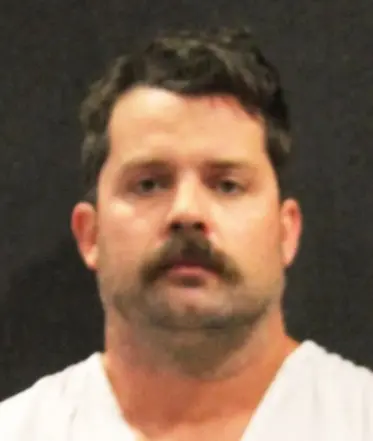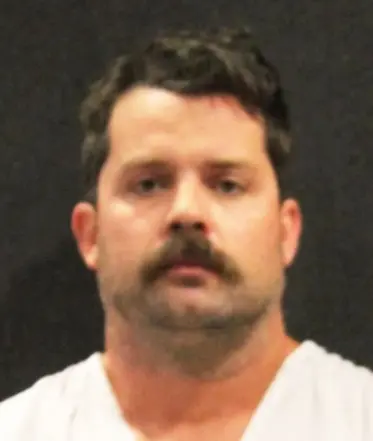Christopher Scholtes, the Arizona Father Who Left His 2-Year-Old Daughter to Die in a Hot Car While Watching Porn, Found Dead Days After Pleading Guilty
An Arizona man who pleaded guilty to leaving his 2-year-old daughter to die in a sweltering car while he watched pornography inside their home has been found dead, authorities confirmed this week. The shocking case of Christopher Scholtes, 38, had already horrified the nation — but his sudden death adds another grim chapter to a story that began with a single act of negligence and ended in two lives lost.
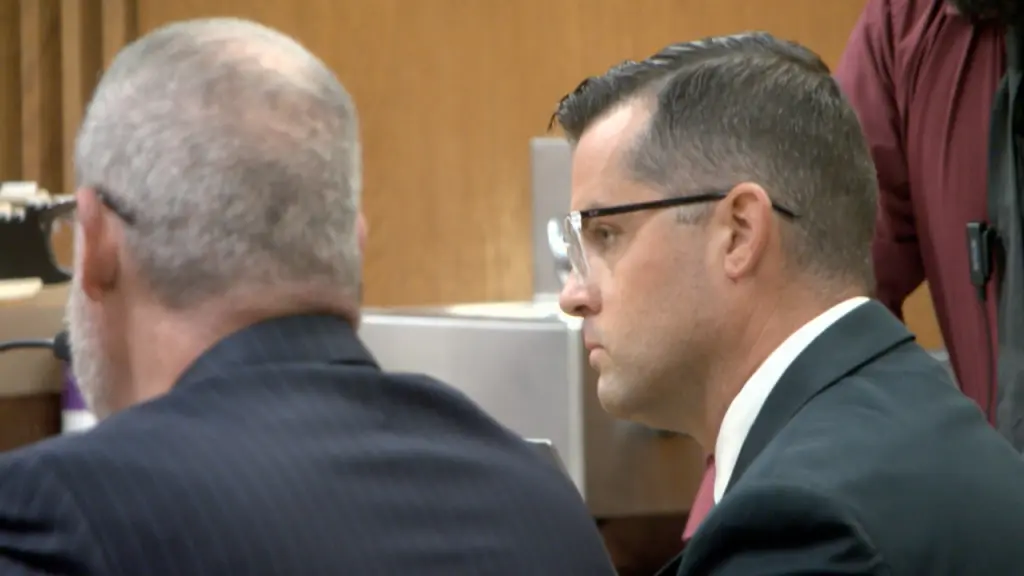
According to the Maricopa County Medical Examiner’s Office, Scholtes’ death was reported Wednesday, just two weeks before he was scheduled to be sentenced for the horrific death of his daughter, Parker. Officials have not yet released the official cause, but investigators are treating it as a suspected suicide.
Scholtes had pleaded guilty in October to second-degree murder and intentional child abuse after admitting that he left his toddler inside the family car on a scorching summer afternoon in 2024. He told investigators he went inside the house to “watch videos” and later fell asleep. The temperature outside that day climbed above 109 degrees Fahrenheit, and when his wife returned home hours later, she found their daughter unresponsive. Parker was rushed to a nearby hospital but could not be revived.
Court documents revealed disturbing details. The father initially claimed he thought the air conditioning in the car was running. But investigators discovered that the engine’s automatic shut-off system had turned off about 30 minutes after he went inside — leaving the little girl trapped in a rapidly heating car. When authorities arrived, the child’s internal body temperature was 108.9°F.

Police later uncovered evidence suggesting that Scholtes had spent the time watching pornographic videos on his phone and computer while his daughter was dying outside. That revelation sparked outrage across Arizona and beyond, with many describing it as one of the most disturbing cases of parental neglect in recent memory.
During the investigation, text messages between Scholtes and his wife painted a picture of repeated warnings and past carelessness. “I told you to stop leaving them in the car,” one of her messages read. “You’ve done this before.” Witness statements and police interviews revealed that Scholtes had previously left his children in the car while he played video games or took naps. Prosecutors argued that his pattern of neglect proved a level of recklessness so severe it rose to murder.
When he pleaded guilty last month, Scholtes appeared emotional in court. “I have to live with what I did,” he said softly as his attorney stood beside him. His plea deal guaranteed a prison sentence of at least 20 years without parole. He was due to surrender to authorities by November 5 for formal sentencing on November 21. He never made it to that date.
Officials confirmed that Scholtes was found dead at his home in Pima County just hours after failing to turn himself in. His death remains under investigation, but sources told local station ABC15 that suicide is the leading theory. The news reignited public outrage and sorrow — not only over his death but also over the haunting loss of his daughter, whose short life became a symbol of preventable tragedy.
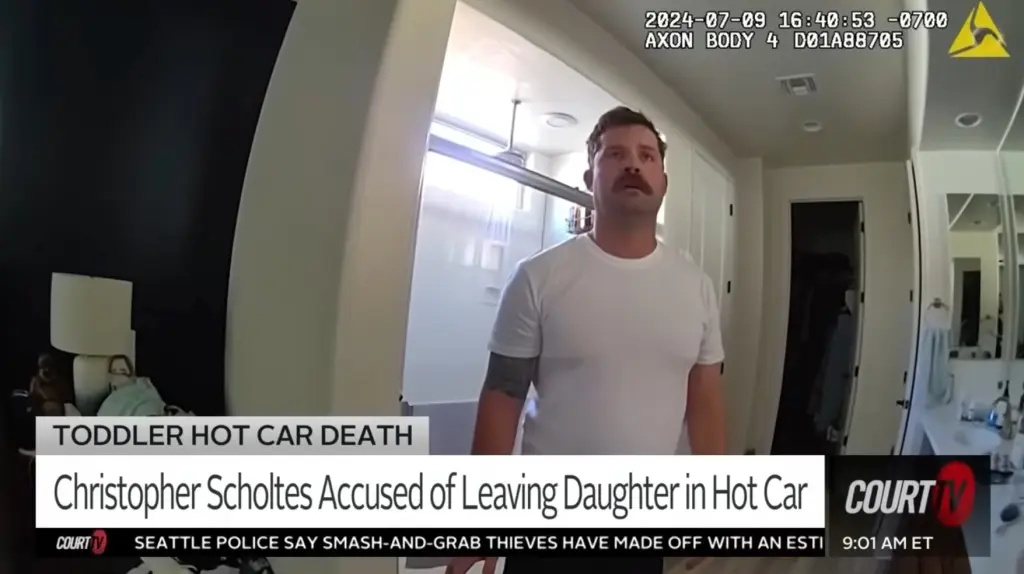
The story has drawn attention to Arizona’s ongoing crisis of hot car deaths — a grim pattern that repeats almost every summer. In the last decade, dozens of children across the state have died after being left in vehicles during extreme heat. Experts warn that interior temperatures can rise more than 40 degrees within minutes, turning a parked car into an oven. “It’s not just forgetfulness — it’s a catastrophic lapse in judgment,” said one Phoenix pediatrician who treats heatstroke victims. “In this case, that lapse became criminal.”
Scholtes’ death also raises questions about how the justice system handles defendants in high-profile child death cases. Friends told investigators that he had been “in a dark place” since the plea hearing, consumed by guilt and fear of what awaited him in prison. According to court filings, he had been living alone and under pre-sentencing supervision while awaiting his reporting date.
The case has left an entire community reeling. Neighbors described Scholtes as an ordinary suburban father who loved to barbecue and work on his car, but also as someone struggling with discipline and distraction. “He was nice to everyone, but you could tell he had a lot going on mentally,” one neighbor told local reporters. “After what happened to his daughter, he just wasn’t the same.”
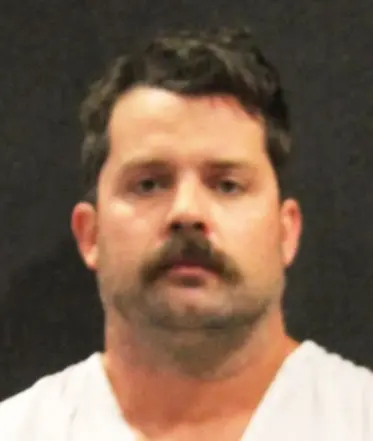
In the aftermath of his death, attention has turned once again to the safety of young children and the role of parental awareness. Arizona officials have been pushing for mandatory car seat alarms and statewide awareness programs aimed at preventing hot car deaths. “It takes less than ten minutes for tragedy,” said one child-safety advocate. “We see it over and over, and yet every year, another family is destroyed.”
The Scholtes family has not issued a public statement. Court filings show that the couple’s surviving children — two daughters, ages 5 and 9 — are in the custody of relatives. One of them reportedly told police that her father had left her and her younger sister in the car multiple times before. That testimony formed a key part of the prosecution’s case and led to the plea deal.
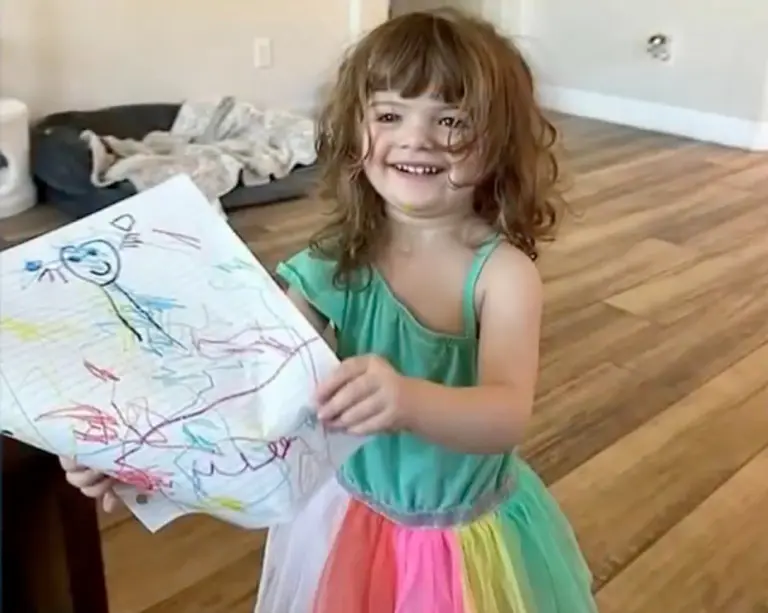
Local police say there were no signs of foul play at Scholtes’ home, and the investigation will remain open until toxicology reports are complete. Meanwhile, prosecutors have expressed a mix of frustration and grief, saying they had hoped the sentencing would provide some sense of closure for the surviving family members. “There are no winners in this,” one official said. “Only heartbreak.”
As the case closes with two lives lost, the questions it raises linger — about accountability, mental health, and how moments of neglect can spiral into irreversible catastrophe. Parker’s name has since been included in several national child-safety campaigns, and her story has been used by advocates to remind parents that a few minutes of distraction can mean the difference between life and death.
In the end, the story of Christopher Scholtes stands as both a tragedy and a warning. It is a reminder that even in the comfort of everyday life, responsibility can never be placed on autopilot — because one careless decision, one glance away, can destroy everything. His death may have closed the legal case, but the heartbreak he left behind will echo far longer.
